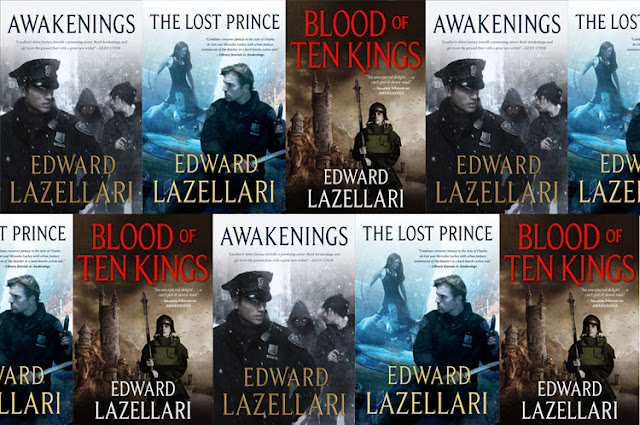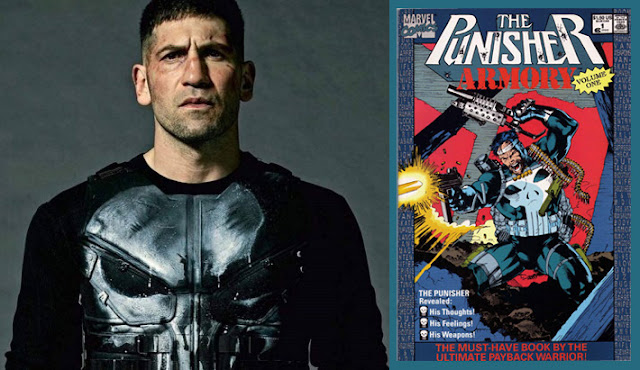Privilege—as a concept, a racial or economic barrier, or an
unfair advantage for some—has captured the current zeitgeist's most progressive
thinkers, sparking debate on the ethics of what is fair and unfair advantage. I
touched upon the idea of privilege in TheGuardians of Aandor series since the feudal nature of the alternate
universe lends itself easily to the discussion, though I applied a light touch
so as not to be preachy. Escapist fiction (unlike literature like A Handmaid's Tale) is easier to digest when
complex concepts are subtly woven into the story and do not hamper the
narrative flow.
Power is hereditary in our heroes' alternate reality. Hence,
privilege in its original and purest sense versus the more murky social-science
construct of white privilege, which is a divisive topic and ramps discourse up to
the level of argument. The constructs of white privilege do exist in the story
metaphorically, though, with nonhuman races—dwarvs, centaurs, gnolls, etc.—symbolically
in the role of disenfranchised/marginalized people in our world. As Man
encroaches on their lands, resentment is high among the disenfranchised, and we
feel this in the interactions between nonhuman and human characters. Men have
drawn their maps and swallowed whole other tribes within their lines. They were
able to do this because they possess sorcery. In this regard, the situation is
similar to the European colonial period, with magic taking the place of advance
technologies and economics. (And didn't Arthur C. Clarke say that, "Any
sufficiently advanced technology is indistinguishable from magic.")

















